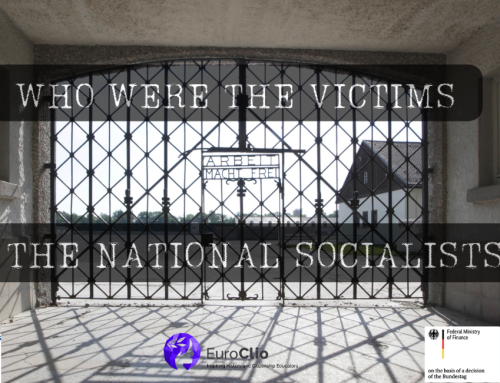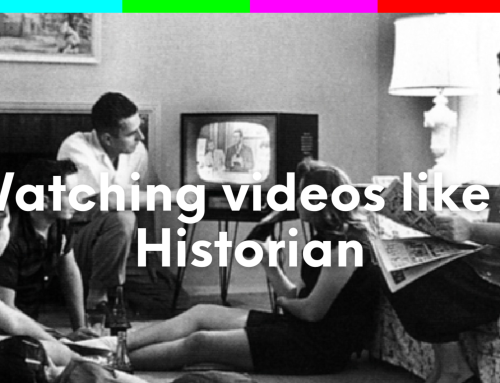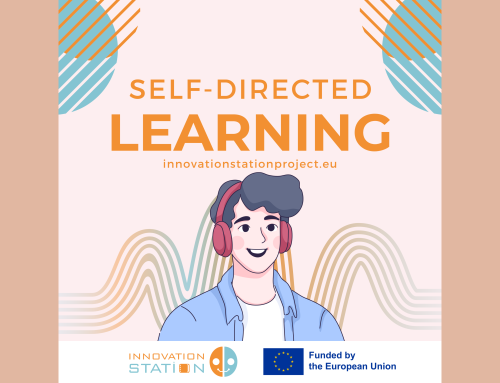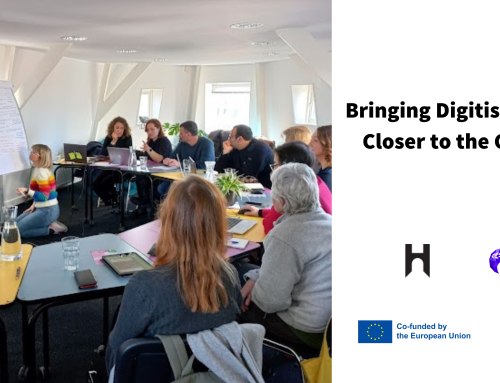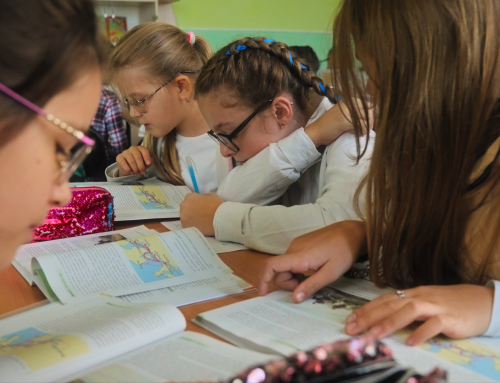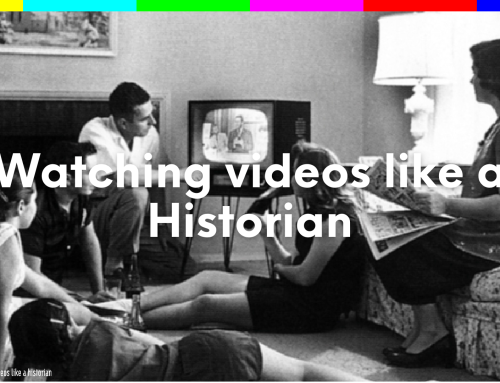ISHA Berlin applied for EuroClio’s and Europe for Citizens’ project “Learning a history that is ‘not yet history’” with an idea for a project our section had striven to bring about for more than a year: ISHA Berlin went to visit the Maxim Gorki Theatre’s play “Common Ground” on the wars in former Yugoslavia with a group of students from various areas of study as well as levels of study, ranging from first semesters to PhD students. The next day, the group participated in a workshop by the theatre educator Astrid Petzoldt. The Maxim Gorki Theatre is one of Berlin’s state theatres and won the ‘Theatre of the year’ award in 2014, for productions such as “Common Ground”. With productions such as this one by director Yael Ronen, the Maxim Gorki Theatre has accomplished that more than a fourth of their visitors are within the young sector and notably, with specifically the production “Common Ground”, they have succeeded in reaching youngsters with a lower educational level.
One of the reasons for this achievement is that the theatre offers free workshops for school classes that accompany the plays, providing background information and exercises to approach the characters’ inner conflicts and relationships to others. “Common Ground” is based on the actors real lives and experiences: For the play, a group of seven actors – five of whom have a Yugoslav background – travelled to Bosnia to try to come to terms with their personal and family history during the Yugoslav wars as well as with their migration to Berlin, where they co-exist with other victims or other perpetrators of the wars. Notably to us, a group of mostly history students, the play does not focus on the events of the wars and makes no attempt to explain the disintegration of Yugoslavia. At one point, the character Nils – who functions as the ignorant German in the story – comically tries to explain Yugoslavia’s geography with his body parts, failing in a stumbling manner.
Rather, the play focuses on how the characters come to terms with the violence that they themselves and their families have encountered, with the guilt they feel and with the forgiveness they muster in confronting the suffering of the Other.
In the workshop the next day, we enjoyed some of the activities that school classes usually do in preparation for the play, in the next discussing the techniques used to encourage understanding with and empathy for the characters.
One of the most impressive stories told of in the play is the one of Jasmina and Mateja, whose one father killed the father of the other in a concentration camp in Novi Sad. This is the story of the actresses and non-fiction. One activity in the workshop was for a group of two to come up with ten questions, from Mateja’s perspective for Jasmina, while another group of two came up with ten questions from Jasmina’s perspective to Mateja. In the dialogue that followed, the groups tried to answer the questions from their characters’ perspectives. This was the activity that impressed me the most during the workshop, and I believe this activity shows where the interdisciplinary approach – approximating recent history with art – can be of the most benefit to the history educator. To my mind, when approaching such a difficult recent past as the wars in Yugoslavia in the 1990s, where ethnicity was made to be an irreconcilable obstacle to open or even peaceful human interaction, art or specifically the theatre can become a means of expression that facilitates the dialogue between perpetrators and/or victims.
For ISHA Berlin, the event was very successful, since we accomplished to reach many students who had not attended an ISHA event previously, about two thirds of the group. For about half of them, the visit to the play “Common Ground” was their first critical engagement with the wars in former Yugoslavia, since many of the group where students of art history, literature or theatre arts

